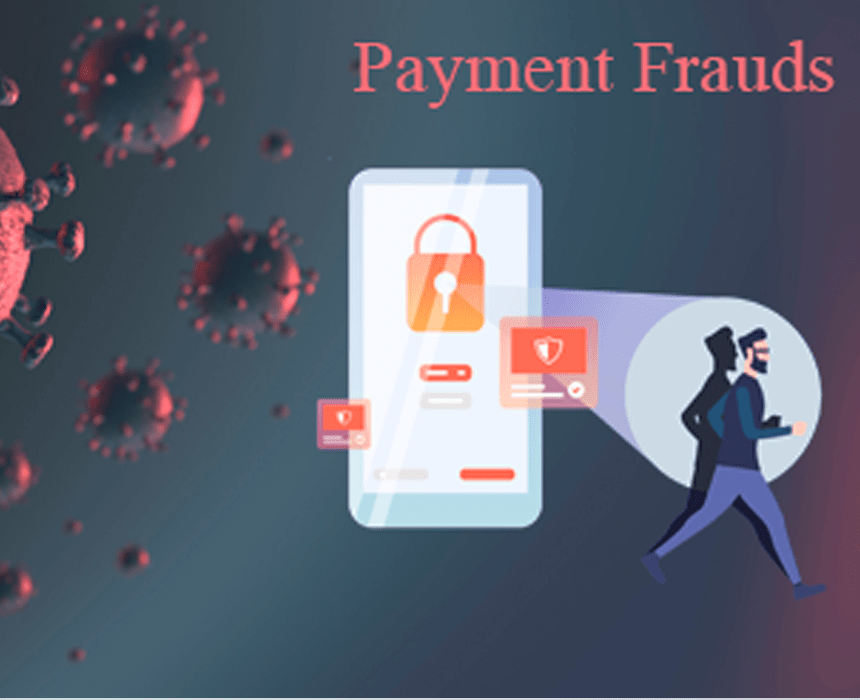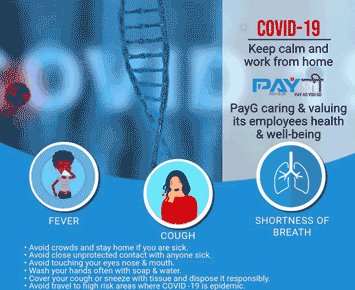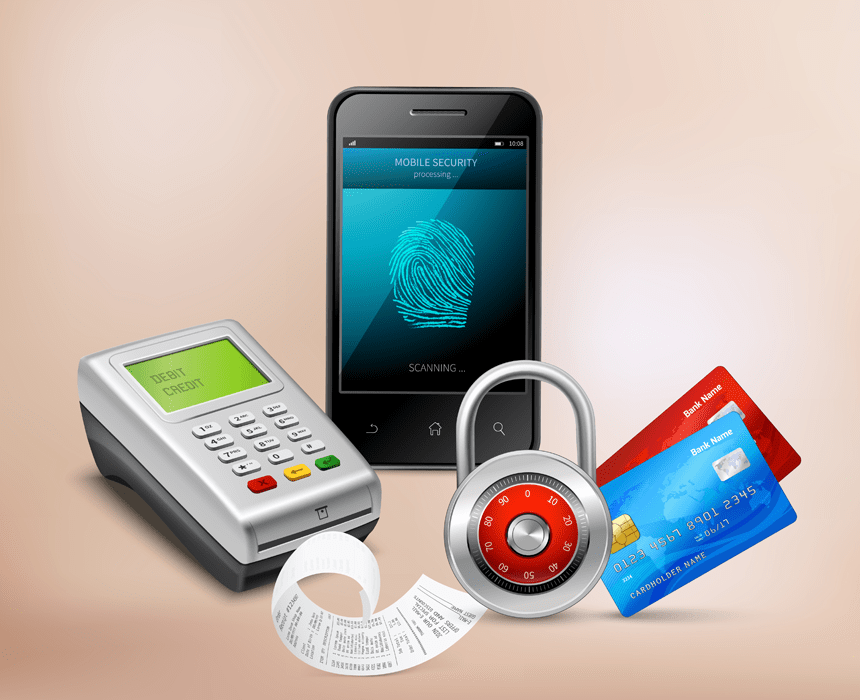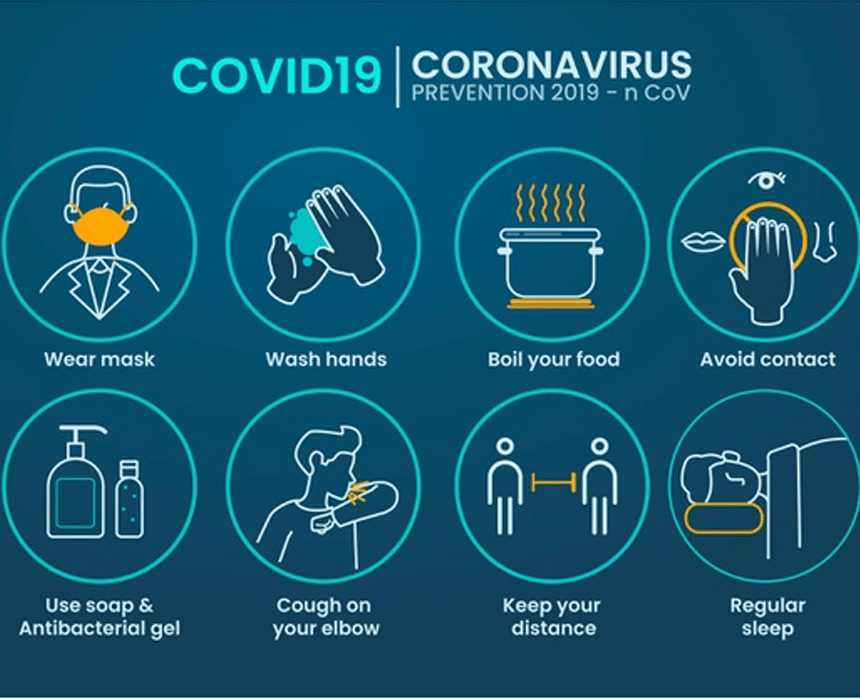
Posted On: June 17, 2020 Posted By: Prerna Saxena
Today, along with keeping oneself safe from the coronavirus (COVID-19), we ought to likewise be aware of cybercriminals. One of the methods of instalment seeing an expansion in fraud is the Unified Payment Interface (UPI), an advanced instalment stage that encourages cashless, continuous exchanges through cell phones. Many companies asked their employees to work from home, to contain the spread of the COVID-19 pandemic, and afterward, the advanced instalments stage saw an unexpected hop in certain classes of exchanges. These included cash moves to other individual energize, charge instalments, and individuals with its accomplices that offer fundamental types of assistance like staple goods, medication, and food. These cybercriminals are focusing on clients taking the computerized pathway to direct advanced or money related exchanges. The investigation shows that more individuals turned to advanced exchanges even before the nation went into a whole lockdown on 24 March.
Scamsters are known to flourish in a time of COVID-19 is anything but another thing. What has made this emergency unique concerning past occasions is that the quick and fast effect it's had on the cybercrime economy with crooks investigating every possibility? Do not answer calls or texts from unknown numbers, or any others that appear suspicious.



From the most recent couple of months, numerous home bound individuals got an email offer like free Netflix/Amazon Prime membership for the total lockdown time frame. All that they needed to attempt to was a tick and fill the connected 'overview' and forward it to 10 WhatsApp clients. Those that took up the offer are most likely lamenting it. It was absolutely a trick, a phishing email equipped for taking their own or money related data E-sends from eminent well-being associations simply like the WHO, and ICMR or maybe from corporates/associations—alongside sites, messages and applications are becoming accustomed to taking vital data. Sends additionally are becoming acclimated to sell counterfeit clinical items like veils (masks), sanitizers, antibodies, and COVID-19 testing packs, or push telecommute bids for employment. In the interim, the online life scamsters are drawing in clients to raising money activities for casualties of COVID-19 or are welcoming interests in organizations that are helping battle the infection. With the overall disarray brought about by COVID-19, the infection is presently unleashing ruin inside the virtual world as well, with scamsters utilizing it as trap for digital violations.
A lot of individuals are making donations to the Prime Minister’s Citizen Assistance or PM CARES Fund. The fund’s UPI ID is pmcares@sbi. However, many fraudsters made similar UPI IDs, like pmcares@pnb, pmcares@hdfcbank, pmcare@yesbank, pmcare@ybl, pmcares@icici, and so on, to defraud people. There have been such a big amount of fake IDs that the Indian Computer Emergency Response Team (CERT-In) also issued a warning together with banks, ministries, and police departments recently. The banking company of India released an advisory to its customers to take care of pretending IDs like pmcarefund@sbi, pm.care@sbi, pmcare@sbi, pncares@sbi, and so on. “Once we discovered the fake IDs, we jumped into action with partner banks in our ecosystem to act thereon. We make sure that people weren't ready to make payment to those fake IDs," said Praveena Rai, chief operating officer, NPCI.
Many items like face masks and sanitizers are briefly supplied due to the lockdown. Cybercriminals have made fake e-commerce websites selling such sought-after items that are briefly supplied. The website may appear as if a correct e-commerce marketplace, where you decide on items, quantities, provide the delivery address, and make payment through different means. However, things never get delivered, and therefore the site stops working after a long time.
There are messages sent out claiming to supply free services like Netflix/Amazon subscription for the whole lockdown period, or a message claiming to be from the World Health Organization, or it claims to own a map of how the COVID-19 virus has spread. As soon because the person clicks on the link or attachment, the malware is installed on the pc or the mobile. Some malware can even relay the live screen of your device to hackers, who can capture your passwords or checking account details once you enter them on your device.
So, be careful with money transfers and online purchases. Make sure you are transferring money to the correct account and buy only from established entities. Never click or download links, attachments, or images that include forwards, whether or not they're from known sources. Never share your password or the other confidential details on the phone with executives of any company or on any website.
Your email address will not be published.
by PayG • September 20, 2021
by PayG • August 14, 2021
by PayG • June 30, 2021
by PayG • May 07, 2021
by PayG • April 04, 2021
by PayG • April 01, 2020
by PayG • January 23, 2023